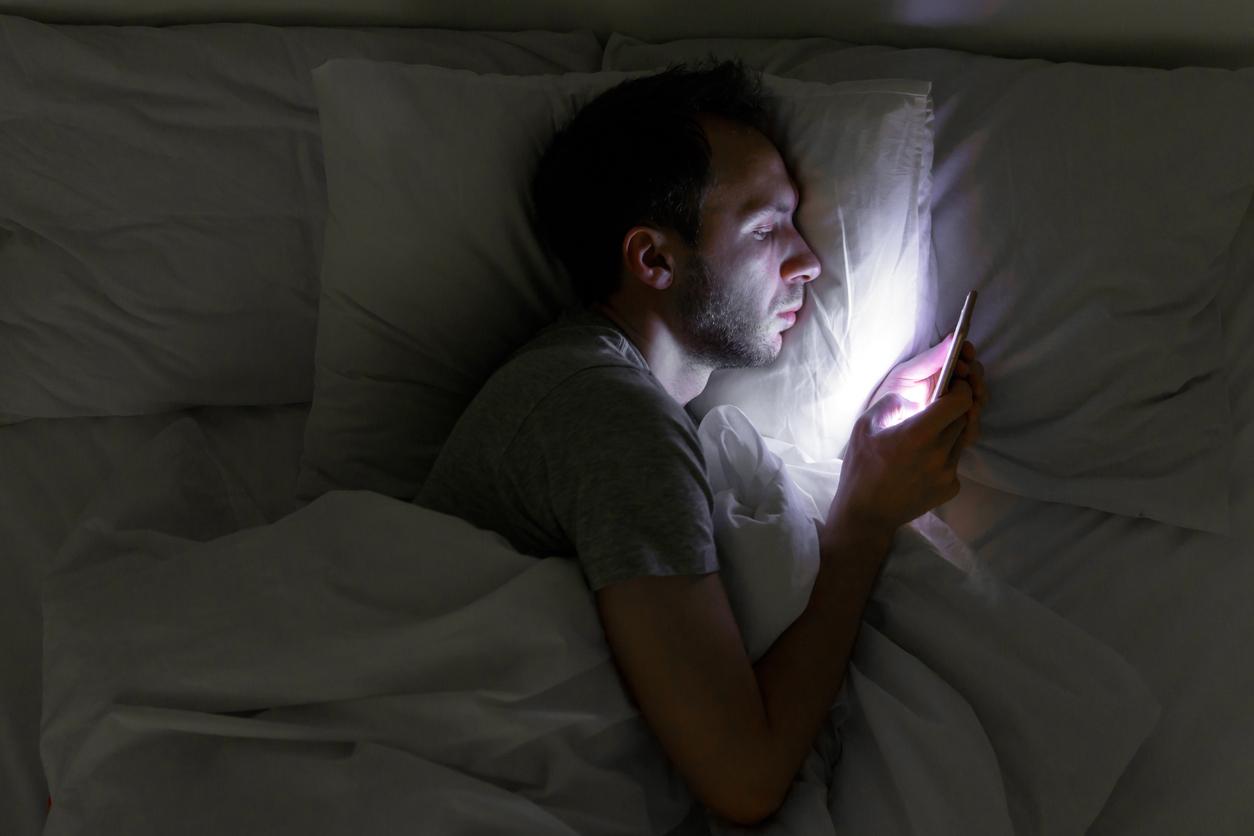In adolescents, not getting enough sleep or going to bed too late leads to a decrease in the volume of gray matter in the brain. These findings shed further light on the role of sleep in mental development, on the occasion of International Sleep Day.

- Lack of sleep in teens can lead to health problems or falling behind in school
- Study shows that nights of less than 7 hours have a negative effect on brain gray matter
Lack of sleep in adolescents reduces the volume of gray matter in their brain. The later the bedtime, the more the volume of gray matter decreases. These results are the result of a study conducted by researchers from Inserm and the National Institute for Health and Social Assistance, supported by the Academy of Finland. This work was published in the journal Scientific Reports.
Don’t go to bed late on weekends
Lack of sleep in adolescents can compromise their academic success, health and safety. To reach this conclusion, the researchers studied the sleep habits of 177 14-year-old students attending colleges in the Paris region. On average, children go to bed at 10:20 p.m. on weekdays to get up at 7:06 a.m., and go to bed at 11:30 p.m. on weekends to get up at 9:45 a.m. Behind this average, there is a great disparity between the habits of adolescents.
A sleep duration of less than 7 hours on weekdays, associated with a late bedtime on weekends, leads to a decrease in the volume of gray matter. This is observed in three parts of the brain: the frontal cortex, the anterior cingulate cortex and the precuneus, involved in attention, concentration and the ability to perform simultaneous tasks. “The most significant result of our study is certainly the one which shows that the later teenagers go to bed at the weekend, the more their volume of gray matter is reduced”observes Jean-Luc Martinot, Inserm research director, in a communicated.
Staying up late linked to poor school performance
There’s a link between poor teen sleep habits, brain structure and poor grades. The researchers found that poor grades obtained by students are associated with less gray matter in the frontal regions, those whose volume is reduced by a late bedtime on the weekend. “We encourage parents, social and school workers, to promote the maintenance of a good sleep-wake rhythm for adolescentsrecommends Jean-Luc Martinot. In particular, avoiding consistently going to bed too late on weekends appears to be important for maximizing brain development potential and contributing to academic success..”

















